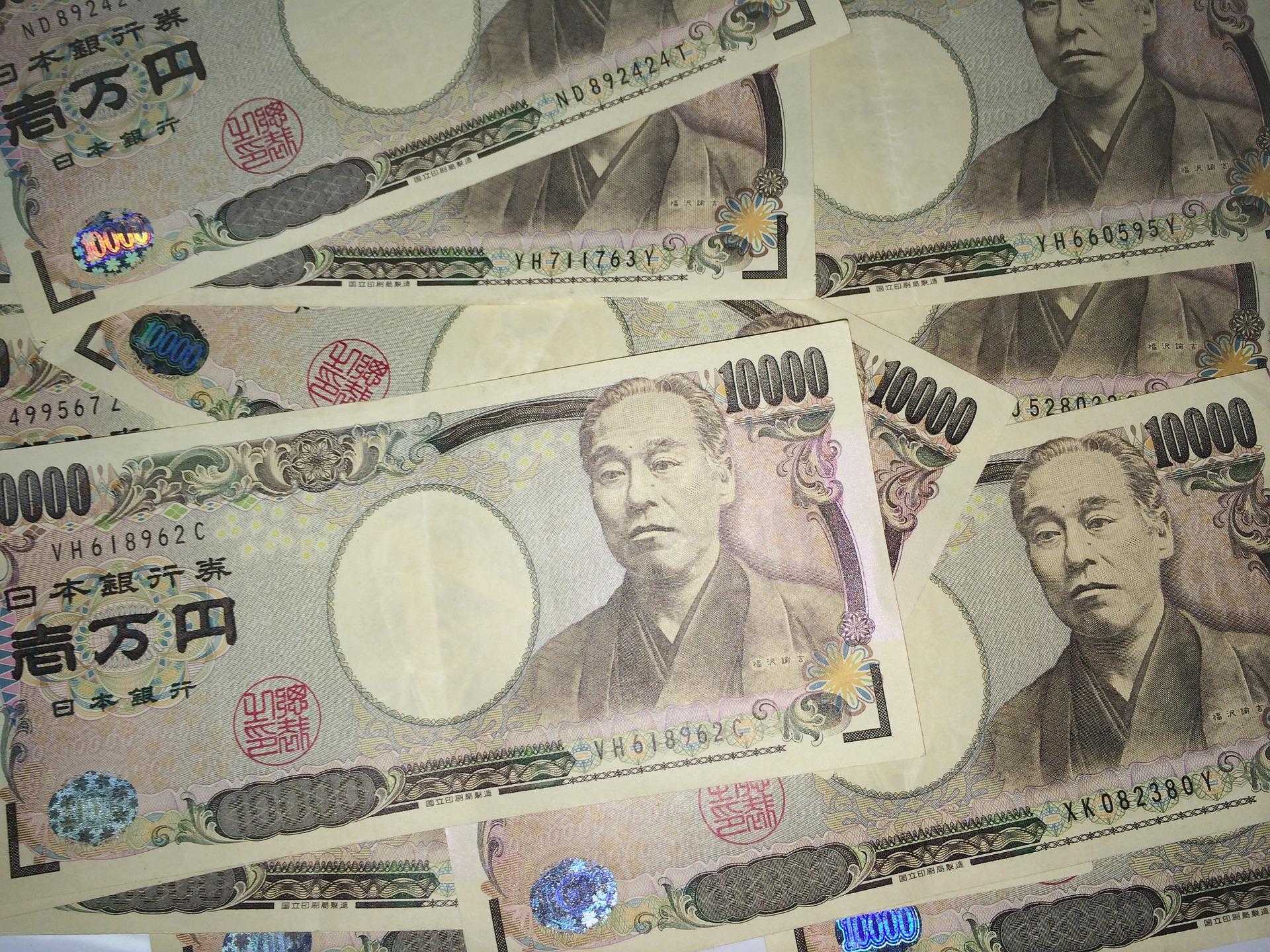Household Spending has increased in October, the first rise this year. However, the resurgence in coronavirus cases is keeping the Japanese Yen in check.

Japanese yen continues to move downwards towards March 2020 lows.
A no-deal Brexit may affect the Japanese economy, as many Japanese companies are located in the United Kingdom.
The stimulus package is not sufficient to support the ailing economy feel experts.
Japanese Yen Moves Lower Amid Good Data
The third quarter ended September has been good for the Japanese economy as it rebounded after the slump in the first half of the year. Automotive exports to the US have increased, contributing to a major share in the increase in exports. Housing investment has decreased with the pandemic making investors cautious over their investment.
Household spending is expected to bring a recovery in the economy at a faster pace. Japan’s household spending is up by 1.9% for October from the previous year. Durable goods like refrigerators and automobiles see a growing demand. Go-To-Eat and Go-To Travel programs are making up for the loss in revenue from foreign tourism.
The economy grew at an annualized 22.9% for the quarter ended September when compared to the previous quarter, beating forecasts. Experts consider it as the fastest growth. Real GDP shows growth for the first time this year. The Private Sector has risen by 5.1%, much higher than expectations.
The Japanese Yen is drifting lower, as it closed at 104.41 last week. It is moving negatively towards March 2020 lows. The USD/JPY is on a downtrend since July. It has moved from 108.00 levels in July towards 104.00 levels in December, showing a continuous decline.
Japan’s Stimulus Package
The new stimulus package by PM Suga is expected to pull up the economy and improve the employment situation and business activities. Steps are taken to prevent the spread of the coronavirus again, says the PM. Prime Minister Yoshihide Suga took up leadership of the Liberal Democratic Party from Shinzo Abe.
A supplementary fiscal package to boost spending worth ¥73.6 billion is prepared as a third extra budget. Japan’s debt load is very high, and stimulus packages are insufficient to pull up the ailing economy.
The coronavirus pandemic caused an annualized shrink of 29.2% in the economy for the quarter ended June. It was the worst contraction since 1955. Policymakers are under immense pressure to stimulate the economy. The resurgence in viral infection is putting a cap on consumer spending and exports. However, the last quarter may not see much growth if the coronavirus infections resurge, say experts. They expect the economy to shrink by 5.6% for the year ended March 2021.
Interest rates are at the lowest rate and Bank of Japan does not have many options left to address the situation.
Brexit No-Deal May Affect Japanese Companies in the UK
Britain and the European Union talks have been going on to make a post-Brexit deal possible. Top leaders David Frost from the United Kingdom and Michel Barnier from the European Union have held talks continually for many months.
On 31 January, Britain exited from the European Union, but a trade deal is yet to be drafted on the post-Brexit transition. In case of a no-deal, higher tariffs will be imposed between the two regions, which will bring rising prices and quotas on EU-UK trade, which in turn will affect trade relationships with Japan, Australia, and other countries.
Japan exports more than 1.5 trillion yen of goods to the UK. It exports auto and auto parts and machinery. Its imports are around 1 trillion yen from Britain like cars, medical products, and pharmaceuticals, says the Japanese Foreign Ministry. The supply chain between the UK and the EU with Japan will be disrupted if there is a no-deal.
PM Johnson’s attitude of handling the negotiations, especially during the last stage of negotiations, has astonished his own party members. “Talks would likely fail”, says Prime Minister Johnson. The probability of a no-deal is greater.
The British pound saw fresh selling at the 138.00 levels on the first day of the weak. The Brexit headlines are not very optimistic and reflect on the Sterling, which puts pressure on the GBP/JPY currency pair.
Japan’s Free Trade Agreement with the UK
A post-Brexit bilateral free trade agreement was signed between the UK and Japan on 23 October 2020 and will be implemented from January 2021. The RCEP trade agreement has been signed by Japan with China and other members of the ASEAN in November 2020.
The US Dollar has underperformed against a basket of other currencies. The US dollar has broken through major supports, resuming a bear market. The US Dollar has fallen more than 12% from the March peak when the pandemic started. After the elections, the greenback has dropped 4%.
The New Zealand Dollar has gone up by 7%, while the Australian dollar has increased by 5.5%. They have contained the pandemic well, and their economies will show faster growth, say experts.
Financial needs in the economy are growing, with more businesses affected by the pandemic. The corona cases continue to increase, and the economy continues to suffer.